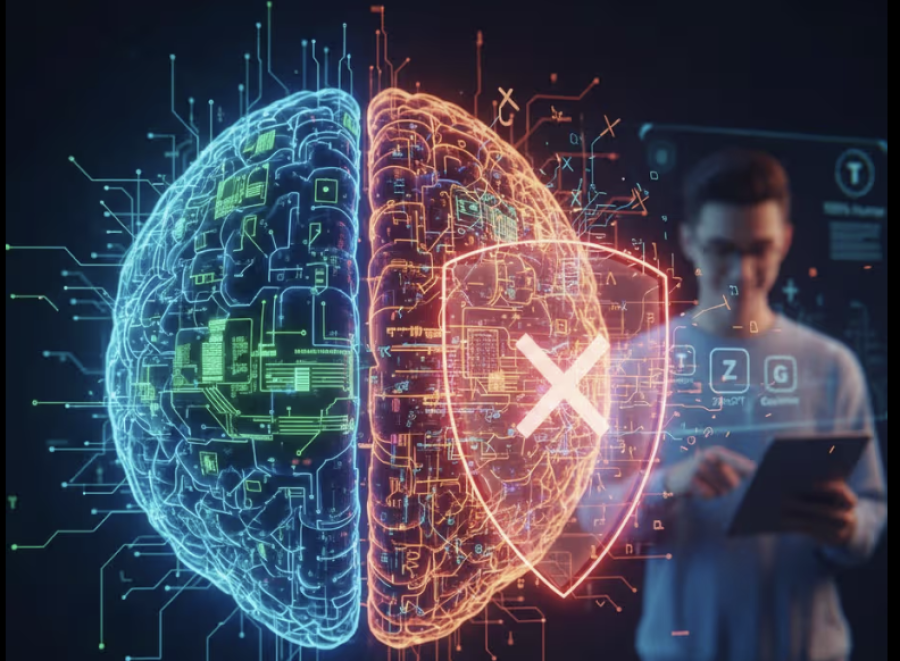In today’s rapidly evolving world, the ability to use computers has become an essential skill, not just for professionals but for everyone. From students to senior citizens, the significance of computer literacy cannot be overstated. Here’s why learning to use computers is increasingly important in our daily lives.
1. Enhancing Job Opportunities
The job market today is heavily reliant on computer skills. Whether you're applying for a position in technology, healthcare, finance, or even education, having a good grasp of computer applications is crucial. Employers value candidates who can efficiently use software tools, manage data, and understand digital communication. Proficiency in computers can open doors to various career opportunities and provide a competitive edge in the job market.
2. Facilitating Access to Information
The internet is a vast repository of knowledge, and computers are the gateway to accessing this information. From research and academic studies to news and global events, computers allow users to obtain information quickly and efficiently. This access is vital for making informed decisions, staying updated on current affairs, and expanding one's knowledge base on a variety of subjects.
3. Improving Communication
Computers have revolutionized communication, making it easier to connect with people across the globe. Email, instant messaging, and video conferencing are just a few examples of how technology has transformed personal and professional interactions. Learning to use these tools effectively can enhance collaboration, foster relationships, and enable efficient communication regardless of geographical barriers.
4. Boosting Productivity
With the use of computers, tasks that once took hours can now be completed in minutes. Software applications like word processors, spreadsheets, and presentation tools streamline work processes, making it easier to organize, analyze, and present information. Learning how to use these tools can significantly boost productivity, allowing individuals to complete tasks more efficiently and effectively.
5. Empowering Creativity
Computers have opened up new avenues for creativity and self-expression. From graphic design and video editing to music production and digital art, the possibilities are virtually endless. Learning to use various software and applications allows individuals to bring their creative visions to life and explore new forms of artistic expression.
6. Enhancing Problem-Solving Skills
Learning to navigate computer systems and troubleshoot technical issues can enhance problem-solving skills. Understanding how computers work, diagnosing issues, and finding solutions require critical thinking and analytical abilities. These skills are transferable and can be applied to various aspects of life and work, improving overall problem-solving capabilities.
7. Encouraging Lifelong Learning
The field of technology is constantly advancing, and staying current with new developments is essential. Learning to use computers fosters a mindset of continuous learning and adaptability. As technology evolves, being open to acquiring new skills ensures that individuals remain relevant and capable of navigating future innovations.
8. Supporting Daily Life Activities
From online banking and shopping to managing personal schedules and health records, computers play a crucial role in daily life. Familiarity with computers can simplify and enhance these activities, making routine tasks more manageable and efficient. As technology becomes more integrated into everyday activities, being computer literate is increasingly important.
Conclusion
In an age where technology influences nearly every aspect of life, learning to use computers is not just a valuable skill but a necessity. It enhances job prospects, facilitates access to information, improves communication, boosts productivity, and empowers creativity. By embracing computer literacy, individuals can navigate the modern world with greater ease and confidence, ensuring they are well-equipped to thrive in an ever-evolving digital landscape.









